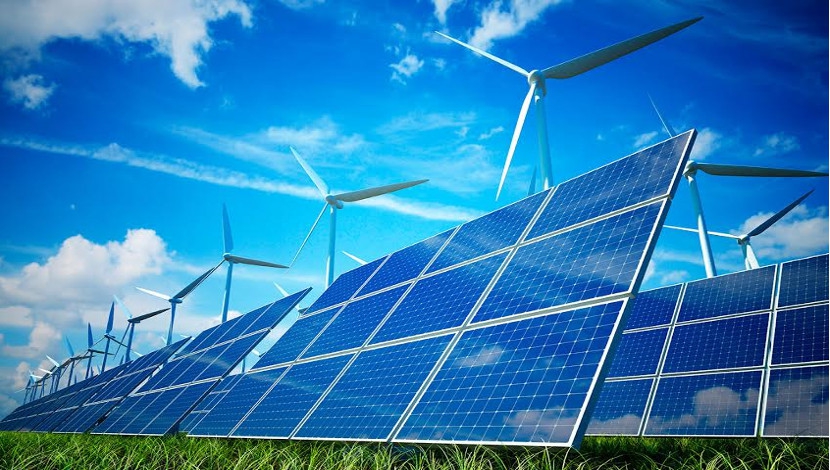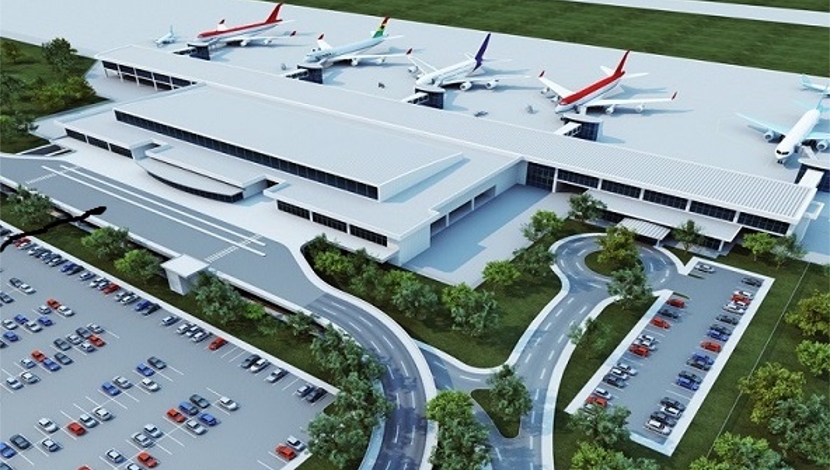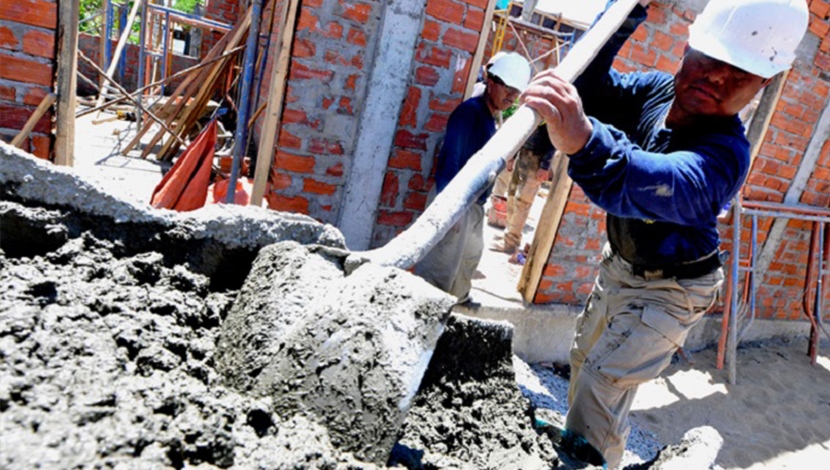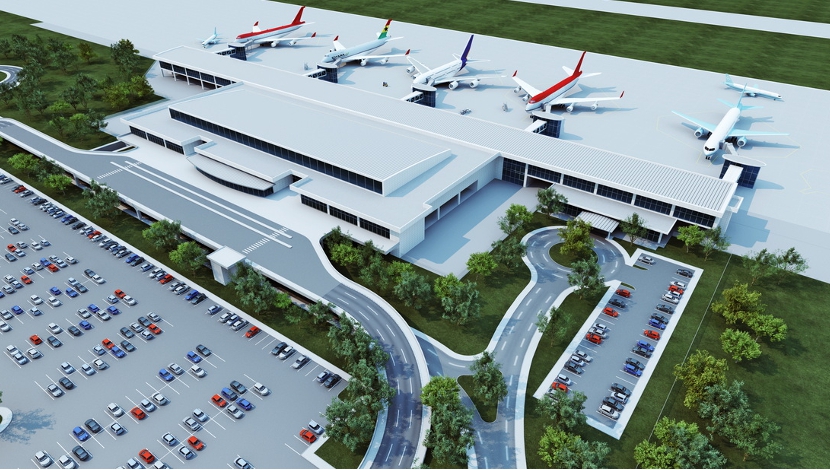

Ghana will commence the process to entirely move to renewable energy, President Addo Dankwa Akufo-Addo has announced. He said that the country will issue licenses to new Power Purchase Agreements (PPAs) for renewable energy only.
He said: “Our strategy is to move Ghana from a dependence on thermal towards renewable energy. We have, therefore, decided that new PPAs will only be signed for renewable energy,” the president declared while opening the Third Development Finance Forum (DFF) planned by the World Bank group.
Owing to the significance of the energy sector in the economy, the president noted that the government wanted to address the energy supply limitations by dealing with the fiscal challenges of the sector, as well as defining a policy framework that would encourage private sector investment.
“We will very soon issue a $2.5 billion energy sector bond to retire the legacy debt of the energy sector and make space for amplified investment in the sector,” the president disclosed.
Energy limitations over a two-year period contributed to limiting economic growth prospects in the West African nation which recognised a 4.8% growth in the economy in 2011.
He told the members drawn from the World Bank, development partners and other African nations that Ghana was embarking on a private sector-led industrialisation programme through the government’s “one district, one factory initiative” and a $100-million incentive package to restore distressed companies.
The theme of the third DFF is “Unlocking Private Investment in the African Markets”.
Akufo-Addo said his government had also decided to seek more private sector equity financing for infrastructure projects rather than the historic resorting to borrowing and more borrowing that had resulted in the ballooning of Ghana’s debts.
Managing Director of the World Bank and the World Bank Group’s Chief Financial Officer Joaquim Levy said: “Once again, there is so much potential in Africa, yet this potential has not fully been realised yet because of some challenges some countries face in attracting investment, which is critical to achieve our Sustainable Development Goals (SDGs) and also the World Bank’s twin goals of eliminating extreme poverty and sharing prosperity.”
Ghana is the first African country hosting the DFF after the first two were held in Rotterdam (2015) and Dublin (2016).





